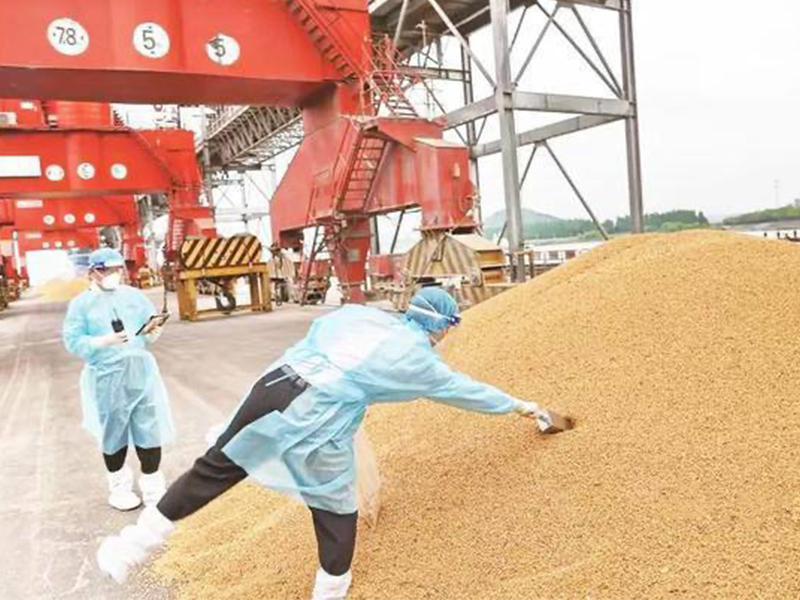
China has shifted its soybean imports to Brazil, purchasing at least 2.4M tons this week amid rising trade tensions with the US. The move has alarmed American farmers who fear losing their largest export market. As the harvest season nears, concerns grow over the long-term impact on the US agricultural sector.
Brics bridge- Chinese companies have recently turned to Brazil for a significant portion of their soybean imports, purchasing at least 2.4 million tons this week, according to reports from Caicloud and Bloomberg. This large-scale purchase is a response to the recent escalation of the trade war between China and the US, which has impacted China’s procurement of American agricultural products. The decision to buy from Brazil was also influenced by the drop in Brazilian soybean prices, which had previously risen due to the strained Sino-US relations. Brazil has already surpassed the US as China’s largest soybean supplier, a shift that has caused concern among American farmers who fear losing their biggest market.
The US soybean industry is particularly worried about the long-term effects of losing access to the Chinese market. Caleb Largrand, the chairman of the American Soybean Association, has expressed deep concern about the potential major losses American farmers could face in 2025. He pointed out that American farmers have not yet recovered from the trade war in 2018 and are now bearing the brunt of the agricultural tax burden. Largrand has urged the Trump administration to stop the trade war with China, emphasizing the importance of the Chinese market for American soybean exports and the livelihoods of farmers.
In 2022, the US exported agricultural products worth $197.4B, supporting 1.25M jobs nationwide, with the non-agricultural sector benefiting the most. The current situation has put American soybean farmers in a precarious position, as they rely heavily on exports, with half of the US soybean production being exported. The ongoing trade tensions have left American farmers anxious about the future, especially with the upcoming soybean harvest season.

